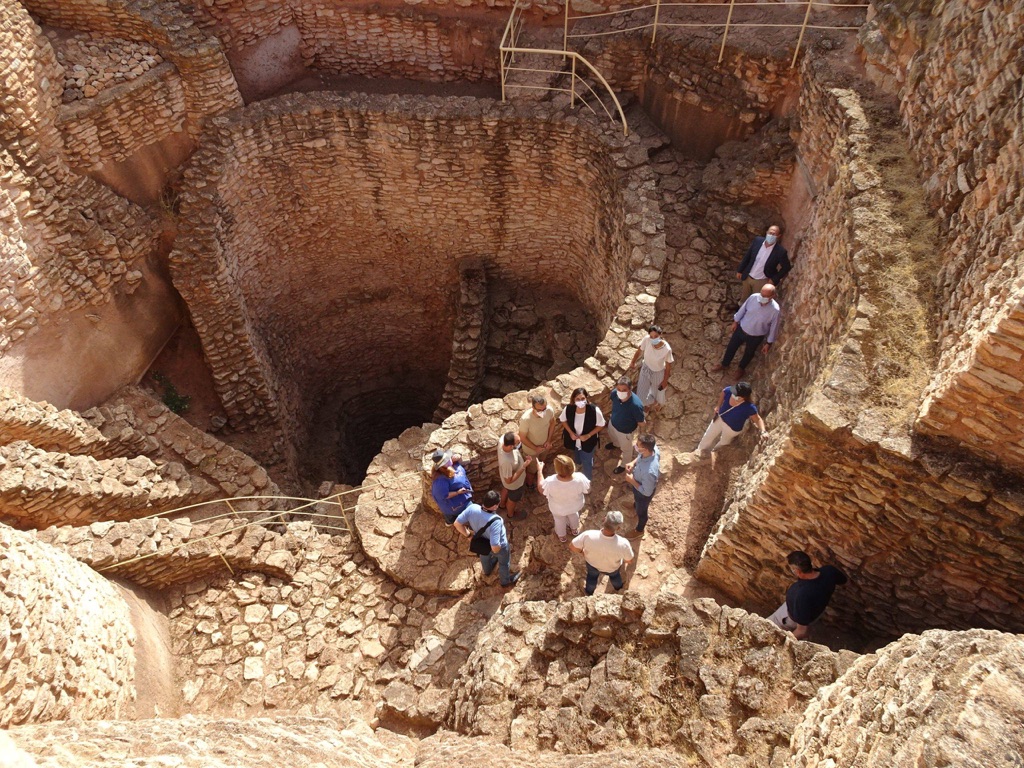La Motilla del Azuer, an extraordinary archaeological site near Daimiel in Ciudad Real, Spain, offers a remarkable glimpse into life during the Bronze Age (2200–1500 BCE). This site is home to the Iberian Peninsula’s oldest documented well, a groundbreaking feat of ancient engineering designed to harness groundwater in an arid environment. The well played a crucial role in ensuring a stable water supply, showcasing the advanced hydraulic management of prehistoric societies.
The Multifaceted Role of the Motilla
The motilla, a distinctive fortified structure characteristic of La Mancha, served multiple purposes beyond its hydraulic system. It acted as a warehouse for storing essential supplies, a shelter during times of conflict, and a community center where inhabitants could gather. These multifunctional features reveal the strategic ingenuity of the people who built and used it, highlighting their ability to adapt to the harsh climate and ensure their survival.

Water Management and the Challenge of Aridity
One of the most intriguing aspects of La Motilla del Azuer is its hydraulic system, which not only represents the oldest known in the Iberian Peninsula but also underscores how its inhabitants grappled with water scarcity over 4,000 years ago. The well and its associated infrastructure reflect a sophisticated response to prolonged drought and environmental challenges, emphasizing water’s central role in their daily life and survival.

A Visionary Response to Climate Challenges
The innovative water management system at La Motilla del Azuer demonstrates a remarkable foresight in addressing issues of water scarcity, a problem that remains relevant in today’s world. The inhabitants’ ability to adapt to a dry and unforgiving environment serves as a testament to their technical skill and organizational capacity. It also provides a striking example of how ancient societies were capable of tackling environmental challenges that mirror concerns about climate change today.

Legacy and Historical Significance
The discovery of La Motilla del Azuer offers invaluable insight into the ingenuity of prehistoric societies in the Iberian Peninsula. It highlights their advanced technical knowledge and ability to organize resources efficiently in response to environmental pressures. This site not only enriches our understanding of Bronze Age life but also serves as a powerful reminder of the enduring relationship between humans and their environment.
La Motilla del Azuer stands as a symbol of resilience and adaptation, shedding light on a society that thrived in the face of adversity. Its lessons resonate deeply in a modern context, reminding us of the critical importance of water management and sustainable practices in ensuring the survival of communities throughout history.

